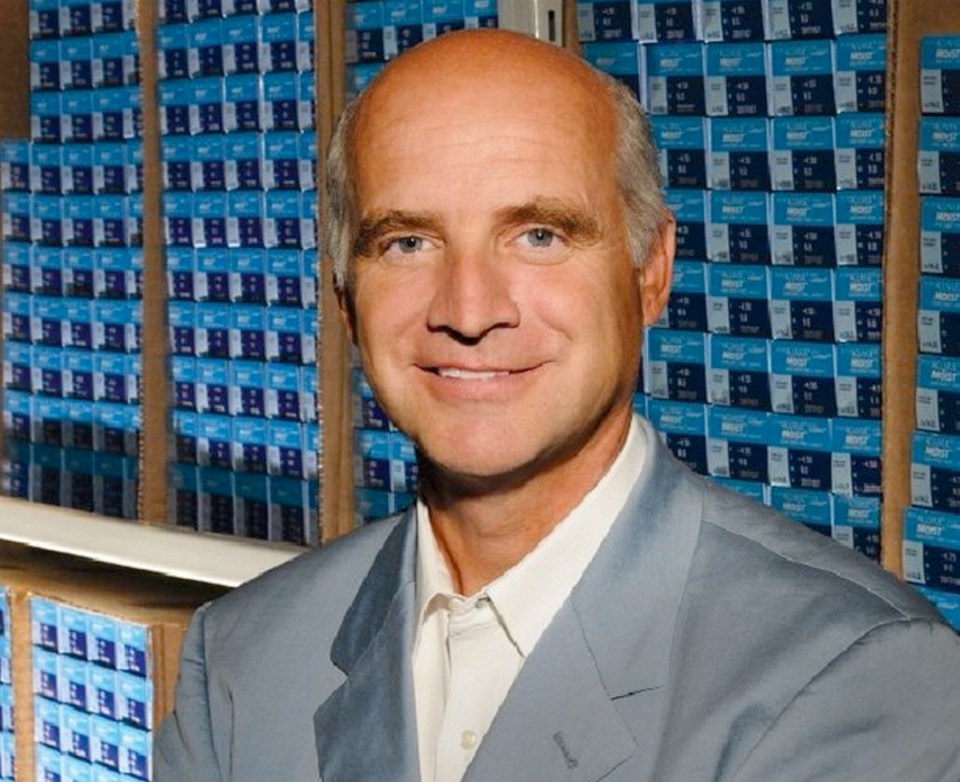I’m sorry to be the one to tell Andrew Weaver and the Green caucus that they traded their milk cow for three magic NDP beans — but it’s time someone did (“This could be the start of a new era in B.C. politics,” comment, June 11).
Having won three seats and the balance of power, they entered negotiations with both the NDP and B.C. Liberals. But from the start, the numbers presented only one option to form a stable government with a workable majority that could advance the Green agenda.
With 41 seats, NDP Leader John Horgan needs all three Green votes to cobble together the absolute slimmest majority — one seat. But one seat is not enough for the legislature to function.
Once an NDP-Green government elects a Speaker and deputy speaker, they’ll find themselves with one seat fewer than the B.C. Liberals in Committee of the Whole and Committee of Supply. As a result, every bill and supply motion the NDP-Green alliance introduces will find itself stuck in the mud of a committee, open to amendment and possible defeat.
When this was pointed out, Weaver made reference to an obscure incident in Guyana, suggesting they might appoint a Speaker from outside the legislature — anathema to hundreds of years of precedent and the fundamental concept that the masters of the people’s house are the members elected by the people themselves.
When the shocked reaction to that crazy option was too much, Weaver suggested that hundreds of years of tradition of a non-partisan Speaker would have to be a casualty of sustaining this thinnest NDP government.
The only way for the NDP-Green scheme to work is for the Speaker to take off his or her robes and hat, sneak in through the back door of the House and cast a vote for the government in committee, only to re-emerge moments later to referee impartially a heated debate. Not just once, but perhaps dozens of times each day.
How can any elected member stand for that? There isn’t one modern Parliament in the Commonwealth that would think of even trying.
In my years as government and opposition house leader, I watched six Speakers grapple with what is the toughest of roles. I can say this option will never work. On many days, even the most respected Speaker struggles to keep the house in order. In this scenario, the house would instantly lose all respect for the Speaker — not just the person, but the role itself.
Whether the Green Party likes it or not, the only way for this Parliament, as elected by the people, to function is with a workable majority — which means more than a single seat. If Horgan had been honest with Weaver, he would have admitted as much.
Weaver could have done far better for British Columbians and the Green agenda. Supporting the incumbent government would have meant a five-seat majority — plenty to elect a Speaker and deputy speaker and pass legislation, and it wouldn’t have forced the Greens to sustain the government’s agenda every time there was a vote.
They also could have extracted better terms from the B.C. Liberals, albeit likely not identical ones. They could have committed their support on a vote-by-vote basis, guaranteeing the changes the Greens support.
The Greens would have had many more opportunities to advance their own legislation, which won’t happen with the NDP. Horgan will do everything he can to stifle the Greens until he finally abandons them in a snap election to grasp for his own majority.
British Columbia is headed for an extremely unstable government. It could have been quite different.
Thanks to a lack of experience and a surplus of emotion, Weaver and his two caucus colleagues not only missed their big opportunity, but after the next election — which will likely come far sooner than they expect — they might disappear in the smoke of an election battle, like so many other promising small parties.
Gary Collins was a B.C. Liberal MLA for 14 years, almost all of it as house leader on both the opposition and government sides of the house.



